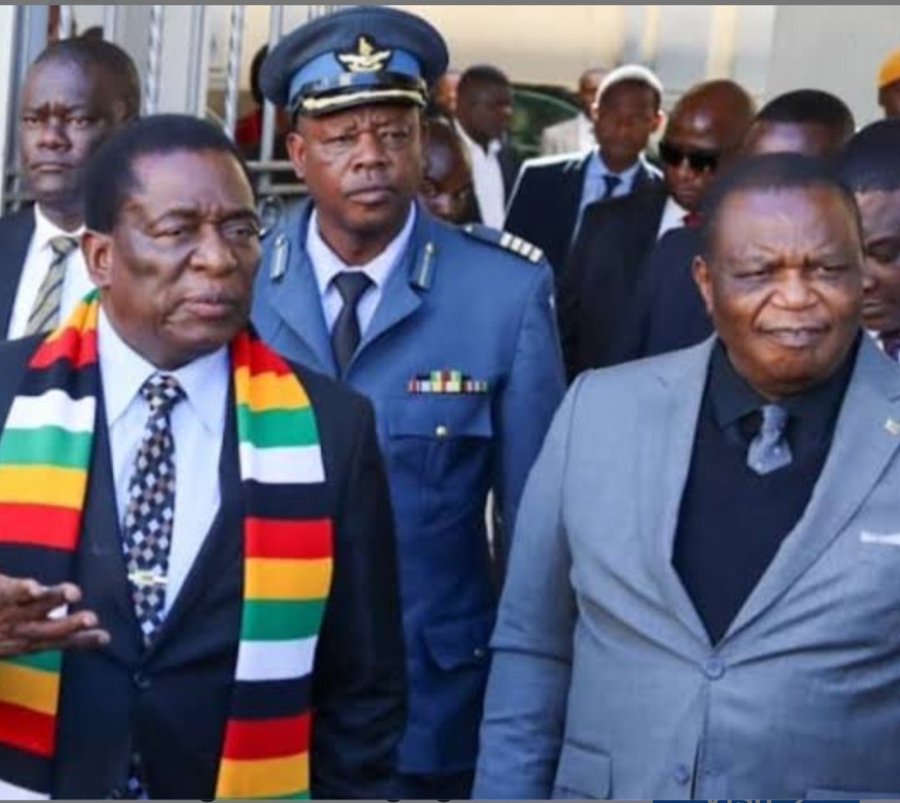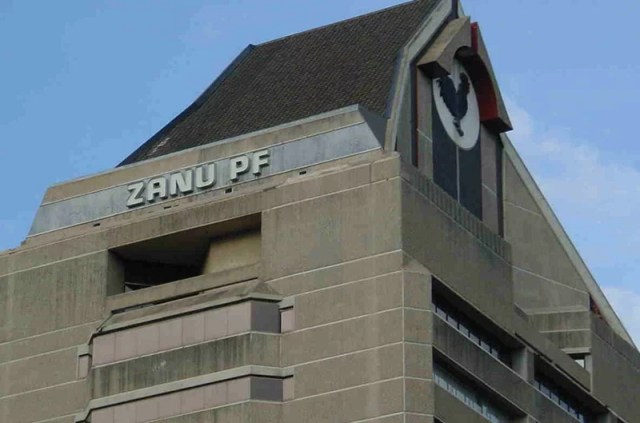BIDEN ADMINISTRATION HITS ZIMBABWE WITH NEW SANCTIONS TO FIGHT CORRUPTION
The Biden administration has taken a strong step to stop human rights abuses and corruption in Zimbabwe. This move has brought new U.S. sanctions against several important people in Zimbabwe, including President Emmerson Mnangagwa, his wife Auxillia, and Vice-President Constantino Chiwenga. Businessman Kudakwashe Tagwirei and seven other individuals are also targeted. These sanctions also affect three companies linked to them. The U.S. government is using a rule called Executive Order 13818, which is part of the Global Magnitsky Human Rights Accountability Act. The goal of these sanctions is to punish people involved in serious corruption or human rights violations.
This new action by the U.S. is different from previous ones. It focuses more clearly on stopping corruption and protecting human rights. The first U.S. sanctions against Zimbabwe began in 2003, but this new approach is sharper and more direct. The Biden administration is making it clear that it will not tolerate corruption and the abuse of people’s rights in Zimbabwe.
As part of these new sanctions, the U.S. government has also stopped taking part in the African Development Bank Dialogue with Zimbabwe. A new visa restriction policy has been introduced as well. This policy will stop people who try to undermine democracy in Zimbabwe from entering the U.S. These actions show that the U.S. is serious about using all its tools to fight corruption and human rights violations in Zimbabwe.
The U.S. government has explained that Zimbabwe has many problems. These include big abuses of political, economic, and human rights. The Zimbabwean government is accused of suppressing civil society, which means stopping people from freely speaking and organizing. They also limit political activities and misuse public money for personal gain. This behavior by government officials makes the lives of ordinary Zimbabweans harder. It also supports a global network of bribery, smuggling, and money laundering, which causes problems not only in Zimbabwe but in the entire Southern Africa region and beyond.
By using the Global Magnitsky sanctions, the U.S. is focusing directly on the people and companies responsible for these abuses. The sanctions are aimed at the rich and powerful, and they try not to hurt the Zimbabwean public. This is part of a bigger U.S. plan to support civil society, human rights defenders, and free media in Zimbabwe. The U.S. wants to help Zimbabwe develop strong democratic values, as promised in the Zimbabwe Democracy and Economic Recovery Act of 2001.
The U.S. government has made it clear that the situation in Zimbabwe is serious. They are not only concerned about corruption but also about how human rights are being trampled on. The sanctions are designed to hold accountable those who deny the people of Zimbabwe their democratic rights. The U.S. is standing with the Zimbabwean people in their struggle for democracy and good governance.
The Biden administration’s actions show that the U.S. wants to work with Zimbabwe’s people to help them gain freedom and improve their government. By punishing corrupt officials and human rights violators, the U.S. is supporting the fight for justice and human rights. This is not just about punishing bad actors; it is also about giving hope to the people of Zimbabwe. The U.S. believes that Zimbabwe can have a better future if it has leaders who are honest and accountable.
In the end, the Biden administration’s strong measures are a message to the world. The U.S. will continue to fight corruption and human rights abuses wherever they happen. This is part of a bigger fight for democracy and human rights across the globe. For Zimbabwe, this could be a step toward a more open, fair, and transparent government, where the people’s voices are heard and respected.

